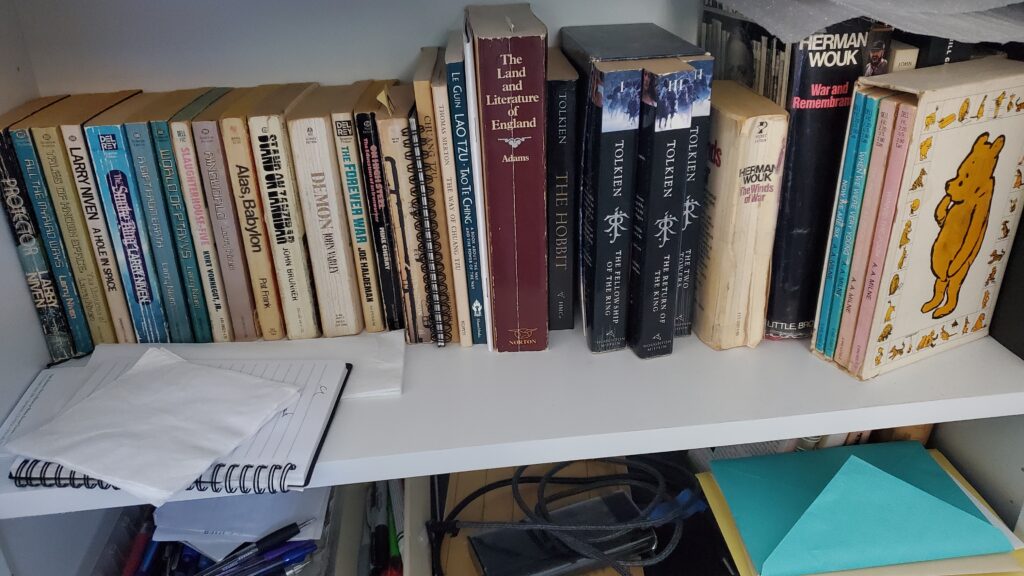I really love Neal Stephenson’s writing. I love his ideas too, which makes reading his novels such a joy.
I can’t remember if Termination Shock is his latest novel or if he’s gotten another one out since, but it is fairly recent. What brought it to mind was a story on the Bloomberg TV news channel that Sepi was watching this morning. It was about some people who are making efforts to mitigate the global warming disaster that is happening to our world.
In the current reality described in the news show, it is some guys with balloons filled with sulfur dioxide they are launching into the (hopefully) stratosphere and another team of people in Australia working on establishing blooms of phytoplankton in the central oceans. The phytoplankton sequesters the carbon dioxide and sinks it to the ocean floor.
When I saw what the guys were doing, I immediately said, ‘That’s what Stephenson’s novel is about!’ to Sepi. In the novel, it is a rich oilman in Texas who has built a system for launching giant pellets of pure sulfur into the upper atmosphere. The rationale is the same, though. The story is that while the giant pellet guns help the North American climate, it causes the monsoon to fail in India (among other side effects). Despite efforts – by governments and others – to build other, similar guns, around the world, India takes action to destroy the original launcher in Texas.
Towards the end of the TV news story, they used the words ‘Termination Shock’. Wow! Not in relation to the book – they didn’t mention that at all – but in the original sense of once you start doing these things, you don’t know what will happen when you stop. I would say this is also known as the Law Of Unintended Consequences.
Stephenson’s book is filled with interesting characters woven together beautifully in a gripping story. It is the best that Science Fiction can be. Read it!
